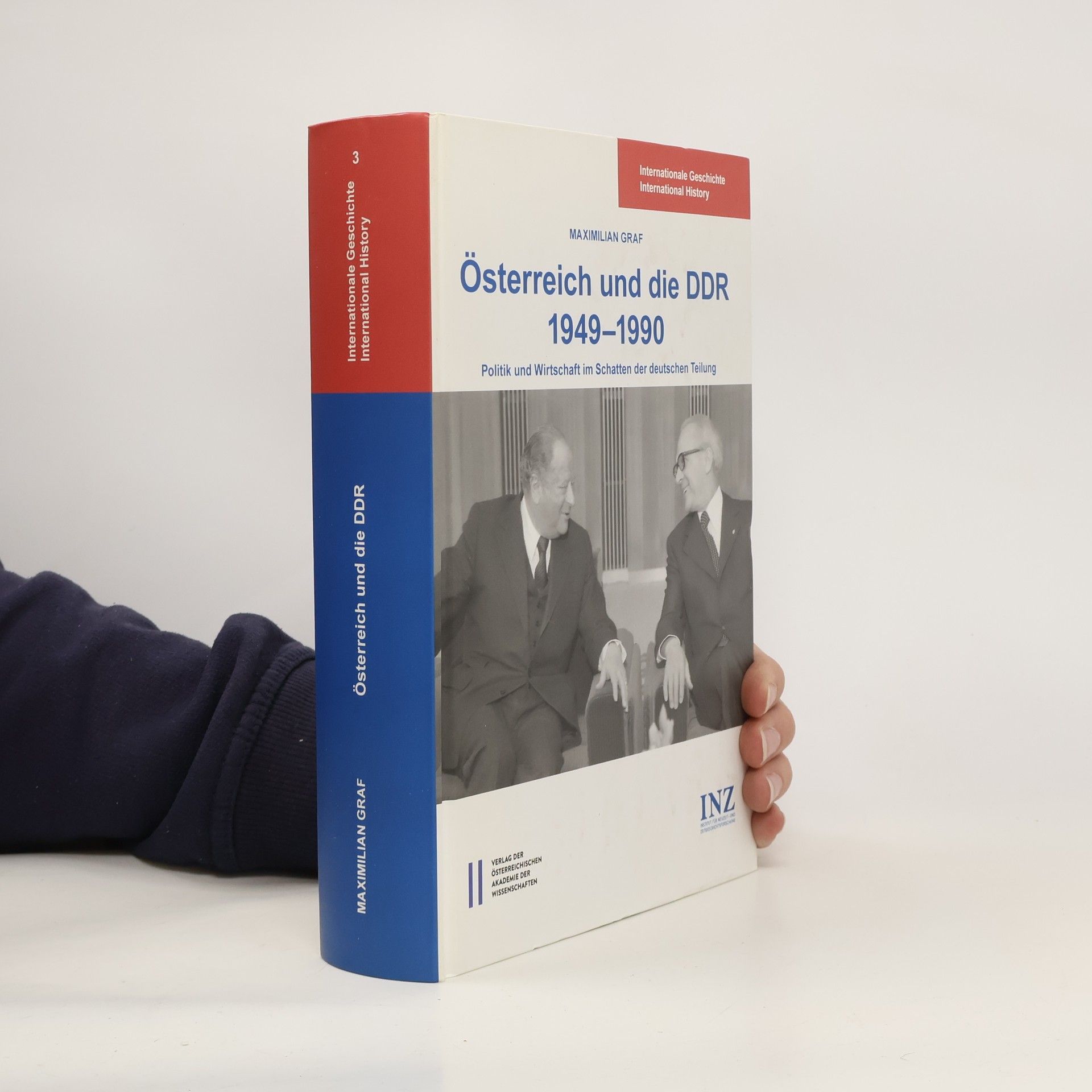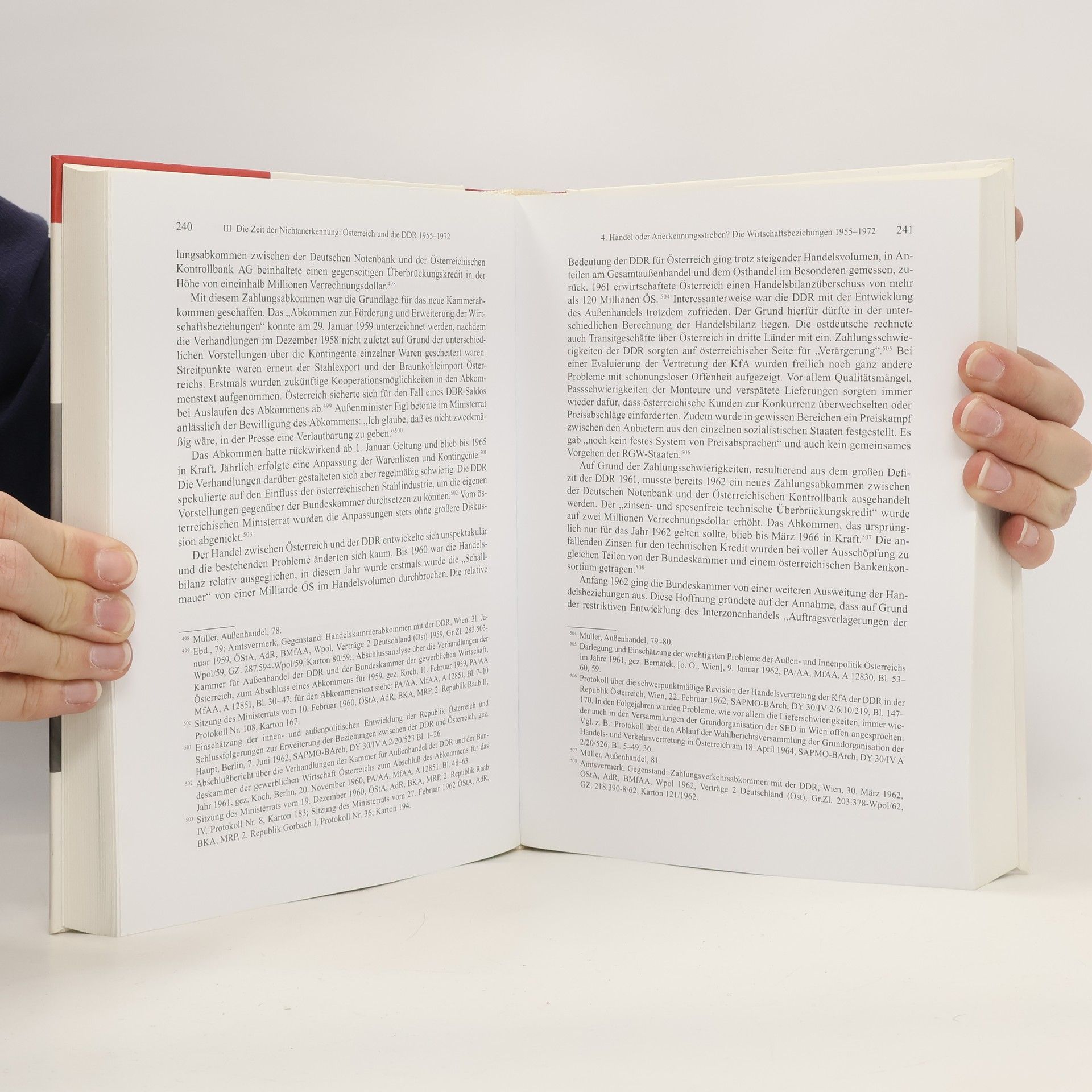Viac o knihe
This book offers the first systematic overview of Austrian–East German relations during the Cold War, drawing on extensive archival research. It begins by examining the divergent post-World War II developments in Austria and Germany, focusing on the period of non-recognition prior to 1972. Despite official relations being taboo due to West German interests, significant unofficial diplomatic and political contacts emerged, shaping future economic relations. The book also addresses the situation of approximately 20,000 Austrians living in the GDR. Following diplomatic recognition, Austria acted as a diplomatic “ice breaker” for the GDR, which was acknowledged by East Berlin in various ways. In 1975, Austria became the first Western nation to officially recognize East German citizenship, provoking anger in West Germany but resolving many humanitarian issues. Chancellor Bruno Kreisky played a pivotal role in fostering relations with East Berlin, leading to a substantial increase in economic ties. Austria provided loans and received large orders from its nationalized industries, a strategy that ultimately contributed to the crisis of these industries in the mid-1980s. Despite this, Austria and the GDR established a partnership, and Austria's stance on German reunification remained ambivalent. This monograph significantly enhances our understanding of East German foreign and economic policy and the political culture of neutral Austr
Nákup knihy
Österreich und die DDR 1949-1990, Maximilian Graf
- Jazyk
- Rok vydania
- 2016
- product-detail.submit-box.info.binding
- (pevná)
Platobné metódy
Nikto zatiaľ neohodnotil.


